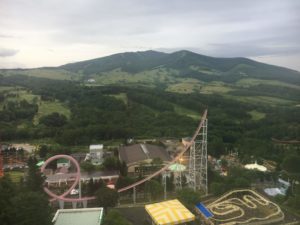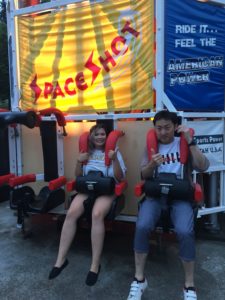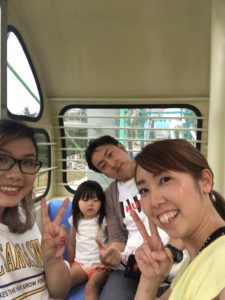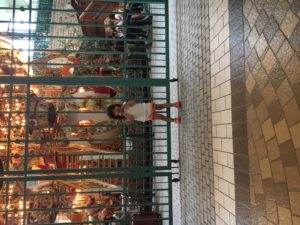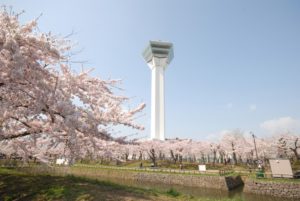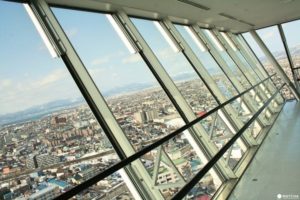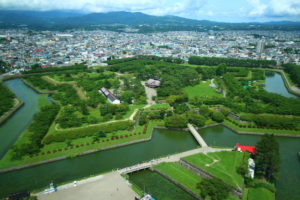I’ve been back two weeks now, and the semester is going in full force. As I reflect upon my time in Kathmandu, I’m filled with many emotions – from love to nostalgia to fear of losing the language I worked so hard to learn. Sometimes I dream I’m back in Nepali class trying to form the best sentences I can. ‘Is this how to say ‘Even though….’?’ my sleep-filled brain asks itself. I wake up realizing I’m back in my own bed in South Bend feeling bewildered and amused.
Post-experience reflections can be an important way to incorporate new experiences into our every day lives, which is why I am happy to do this final, SLA reflection blog post. I’m honored to have participated in the RYI Nepali program with the SLA extended network and the Kathmandu communities. I look forward to going back to Nepal and meeting all the friends I made there again.
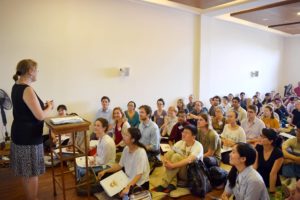
Reflect on your language learning and acculturation during your SLA experience. What insights did you gain into the language acquisition process? How did you engage and understand cultural differences? Did you meet your goals for language learning that you articulated on the blog before you started your program? Why or why not?
I found that learning a language is hard, especially with the summer heat, mud up to your ankles, monsoons pouring down, and, of course, the summer flu that’s had been going around. I learned that there’s more to a language than the grammar. There’s the formalities, the informalities, the culture, the slights, the friendship in each phrase, interaction, and exchange. While I reached my goals for learning Nepali technically, I quickly realized how much more I have to learn. I found that volunteering and watching Nepali songs with my homestay sister took time away from my studying, but they also taught me about the culture that the language class couldn’t. I also learned that it’s ok to be tired and to make mistakes. Friends and teachers will still be there and there’s nothing like a good tea and snack to make studying for that test go a little bit better.
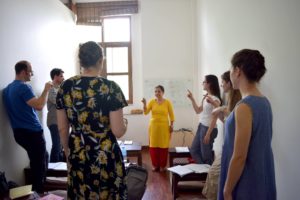
Reflect on your SLA experience overall. What insights have you brought back as a result of this experience? How has your summer language abroad changed you and/or your worldview? What advice would you give to someone who was considering applying for an SLA Grant or preparing to start their own summer language study?
I had breakfast with one of my teachers the day after the program to get some feedback on the next steps for my language learning. Other than telling me I need to work on not mixing up my vowels (which came as no shock), what he said next surprised me. ‘I really appreciated your class’s ability to take criticism and not be defensive.’ Defensive? I guess it makes sense – learning a language and being immersed into a new culture is hard. I’ve lived abroad before for extended periods, but this was my first time in a homestay, and I can say that while rewarding, not having personal space or control of one’s schedule can also take some getting used to. This on top of all the studying and adapting to new food and a new environment – it adds up to a challenging experience. While I accepted my teacher’s complement on our lack of defensiveness, it made perfect sense that being defensive is a natural response. For this reason, my advice to someone applying for an SLA grant or preparing to start their own summer language study is to know that these challenges exist, but that the rewards will come in turn. It’s important to be kind to yourself and others. Take a break, splurge on a nice cookie when the studying is tough. Make friends and rely on their support. It’s a hard – and incredibly rewarding – journey.
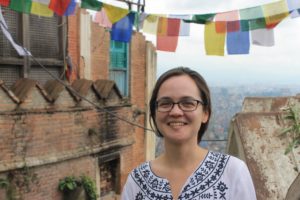
How do you plan to use your language and intercultural competences in the future? Where do you go from here? How will you maintain, grow and/or apply what you have learned? How might you use your SLA experience during the rest of your academic career and post-graduation? How will your SLA experience inform you as you move forward academically, personally and professionally?
I’m lucky to have found a Nepali language partner here in South Bend that I will begin meeting with soon to keep up the language. I want to chat with her informally and translate articles about the earthquake or politics so that I can hone in my vocabulary. This experience taught me that learning a language warrants one’s full attention, and I am hoping RYI offers intermediate Nepali next summer so that I can give it another go. This past summer, I fell in love with Kathmandu all over again, and I can’t wait to visit again, whether that be for a language course or my dissertation fieldwork.
Academically, I hope my language skills help me connect with the Nepali communities as I do my research so that my research reflects the country and citizens I’m studying. I want the voices of Nepali citizens to shine through my work, and I want my work to be relevant and useful for those affected by the disaster and for those who want to encourage political participation. Personally, I want to use my language skills to connect with people, to make friends and expand my personal community. Professionally, I hope to be able to become even more connected to amazing Nepali research community.



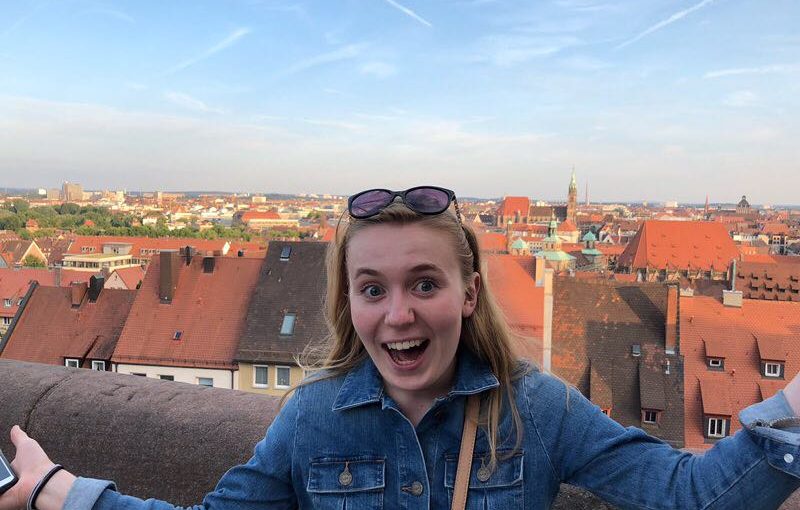
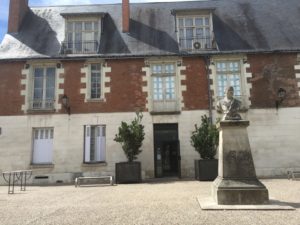
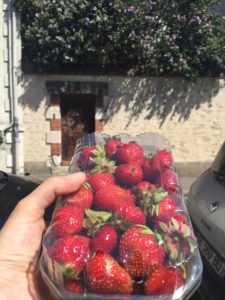

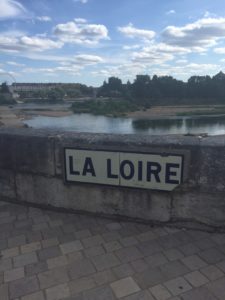
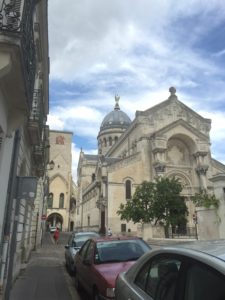
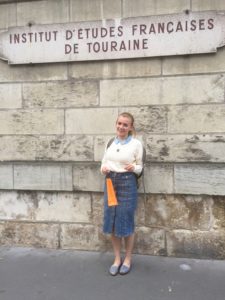
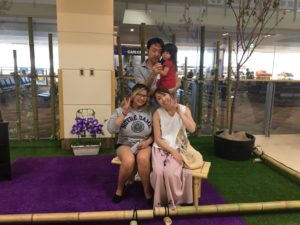
 a
a
